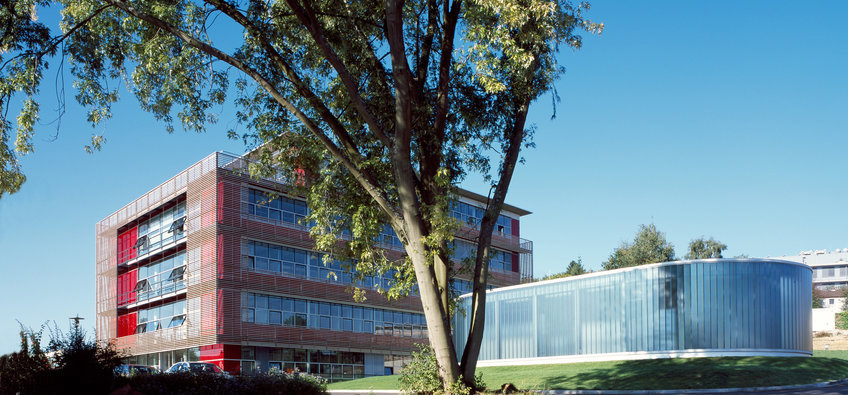
Max Planck Institute for Biological Cybernetics
The Max Planck Institute for Biological Cybernetics researches information processing in the human and animal brain. The institute is currently in a phase of reorientation and expansion. Theoretical and experimental psychology as well as neuroscience are among the institute's core competencies. Using new technologies and model systems, researchers aim to answer neuroscientific questions in novel ways and with unprecedented precision. Together with the Max Planck Institute for Biology Tübingen, the Max Planck Institute for Intelligent Systems, and the Friedrich Miescher Laboratory the institute is part of the Max Planck Campus Tübingen. A central interface with the University of Tübingen is the International Max Planck Research School for the Mechanisms of Mental Function and Dysfunction. Further links with the University of Tübingen exist through its two Max Planck Fellows in the Departments of Computer Science and Medicine; the Institute is also involved in Cyber Valley and the Tübingen AI Competence Centre.
Contact
Max-Planck-Ring 872076 Tübingen
Phone: +49 7071 601-510
Fax: +49 7071 601-520
PhD opportunities
This institute has an International Max Planck Research School (IMPRS):
IMPRS for The Mechanisms of Mental Function and DysfunctionIn addition, there is the possibility of individual doctoral research. Please contact the directors or research group leaders at the Institute.





